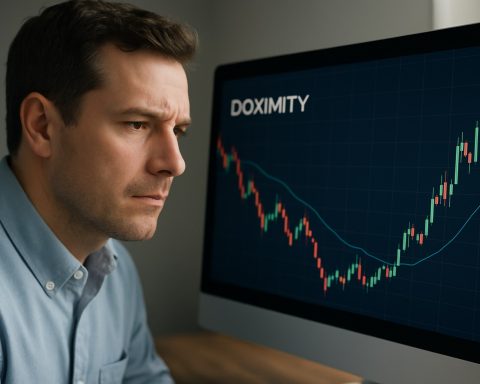Despite the global shift towards renewable energy, coal remains a significant player in the energy market. For those considering new investment opportunities, understanding the dynamics of coal is essential. While the environmental impacts of coal are well-documented, its economic footprint cannot be ignored.
Historically, coal has been a cornerstone of industrial growth due to its abundant supply and low cost. As of the latest data, coal still accounts for approximately 27% of global energy production—an indicator of its continued importance. Major economies such as India and China heavily rely on coal to support their rapid industrial expansion.
Recent advancements in technology have been focused on making coal cleaner and more efficient. Technologies such as carbon capture and storage (CCS) are being developed to reduce the carbon emissions associated with coal energy. These innovations are creating a space for what some term “clean coal,” although it remains a contentious subject.
Despite the push for sustainability, the financial prospects of coal can be appealing. Established coal companies continue to generate substantial revenues, offering potentially high returns. Investors looking into coal should be aware of geopolitical factors, regulatory changes, and the potential for increased government restrictions affecting the sector’s future.
Ultimately, while investing in coal presents risks, it also offers potential rewards. Balancing these factors requires careful consideration of market trends, political landscapes, and technological advancements. As the world transitions to greener alternatives, coal remains a viable, albeit complex, investment avenue.
The Hidden Truths Behind Coal Investments: What You Need to Know
Despite a worldwide shift toward renewable energy, the landscape of coal investment remains intriguing and complex. While coal’s environmental downsides are widely known, new factors have emerged that significantly impact the lives of people, communities, and nations.
Unseen Economic Impacts: In regions such as Appalachia in the United States, coal mining is not just an industry but a way of life. Declining coal demands have detrimental effects on local economies, leading to job loss and community destabilization. This raises the question: Can emerging technologies and clean energy alternatives offset the job market shifts caused by reduced coal reliance?
Technological Paradoxes: While carbon capture and storage (CCS) technologies promise cleaner coal, their implementation is not without controversy. The significant costs and energy requirements of CCS often make it prohibitively expensive, casting doubt on its viability as a widespread solution. Are we placing misguided hopes in clean coal, or could further innovations provide a breakthrough?
Global Dependencies and Rivalries: Emerging economies remain heavily dependent on coal, raising geopolitical considerations. Investor decisions in coal are frequently influenced by international relations and trade policies. How do trade restrictions between major coal producers and consumers affect global economic dynamics?
Conclusion: Coal investments remain an elaborate affair, with multifaceted implications for investors and communities worldwide. As advancements continue, stakeholders must weigh economic benefits against technological feasibilities and social impacts. For more insights into global energy markets, visit International Energy Agency or BP.










